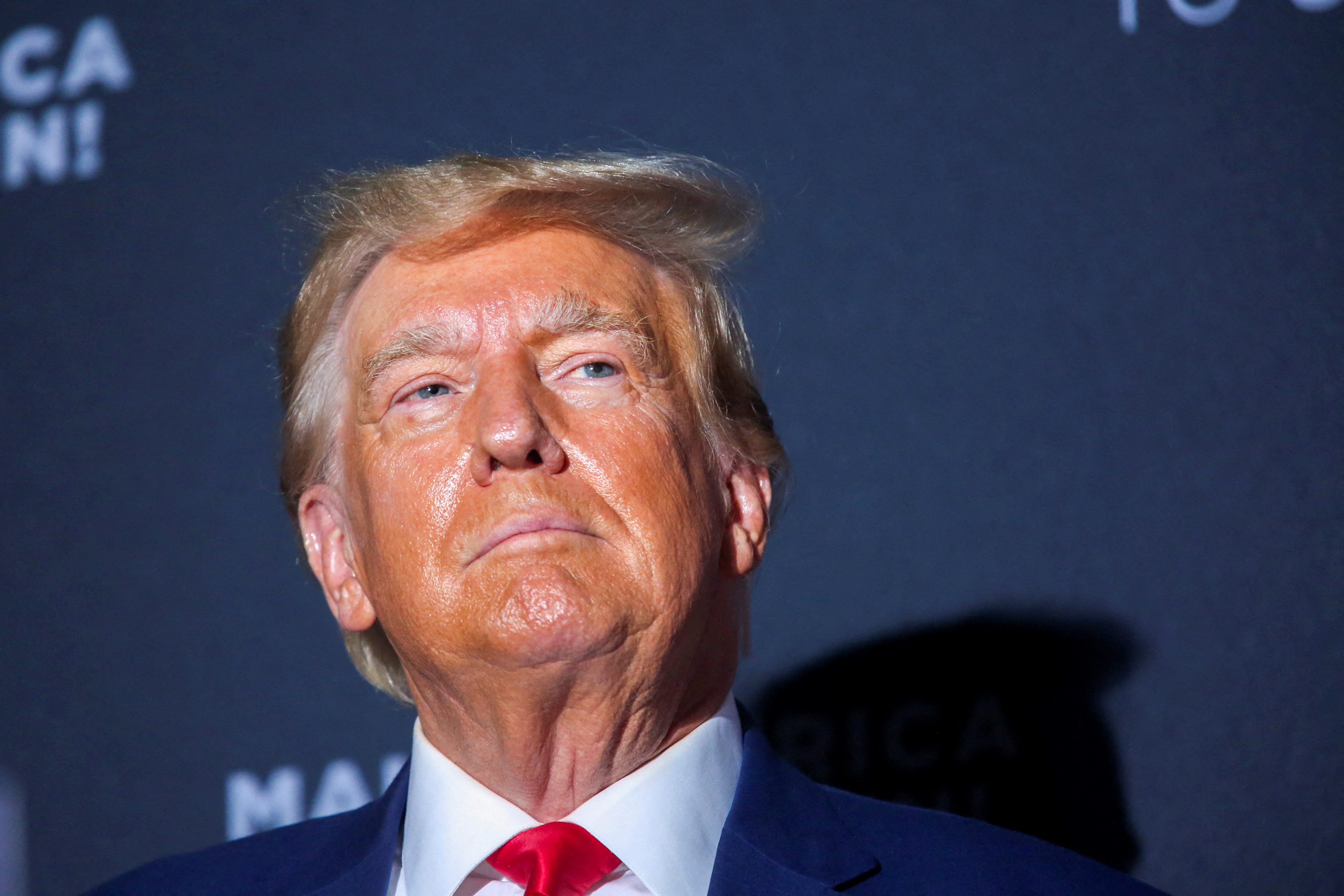
Newly released court documents have revealed that federal investigators successfully requested a search warrant for the Twitter account of former United States President Donald Trump.
The documents also indicated that Twitter — now known as X — attempted to resist the warrant, ultimately resulting in the social media platform being held in civil contempt.
The court filings, unsealed on Wednesday, stemmed from a decision issued by the US Court of Appeals in Washington, DC, on July 18. The court upheld a $350,000 fine against Twitter for failing to meet the terms of the search warrant.
“Although Twitter ultimately complied with the warrant, the company did not fully produce the requested information until three days after a court-ordered deadline,” the decision reads.
The warrant sought materials related to the @realDonaldTrump social media profile, formerly the ex-president’s platform of choice.
Trump was eventually suspended from Twitter and other social media platforms such as Facebook in the wake of the US Capitol riot on January 6, 2021, when his supporters stormed the building in an attempt to overturn the 2020 presidential election.
Special counsel Jack Smith has been investigating the attack on behalf of the US Department of Justice, as part of a broader probe into Trump’s actions during the 2020 race. Smith filed four criminal charges this month against Trump for attempting to overturn Democrat Joe Biden’s victory.
On January 17, as Smith and his team were gathering evidence for those charges, they applied for a search warrant for the @realDonaldTrump account. A district court granted the request, saying there was “probable cause” to search the account for criminal offences.
But the government had also requested a nondisclosure order along with the warrant, to ensure Twitter could not tip off Trump or his allies about the impending search. The court granted that as well.
The district court “found that there were ‘reasonable grounds to believe’ that disclosing the warrant to former President Trump ‘would seriously jeopardize the ongoing investigation'”, according to Wednesday’s documents.
A tip-off could give Trump “an opportunity to destroy evidence, change patterns of behavior, [or] notify confederates”, the court explained.
Federal investigators, however, initially found it difficult to deliver the search warrant and nondisclosure order. According to the court documents, Twitter’s legal requests website was inoperative when the investigators tried to submit the warrant.
When the materials were finally served on January 19, Twitter objected to the nondisclosure order on the basis it violated the social media platform’s First Amendment right to free speech.
According to the appeals court, “Twitter informed the government that it would not comply with the warrant until the district court assessed the legality of the nondisclosure order.”
At the time, Twitter had recently come under the ownership of tech magnate Elon Musk, who describes himself as a “free speech absolutist”.
He had previously criticised Trump’s removal from Twitter as a “morally bad decision” and reversed the suspension after his takeover of the company.
Musk has also made overtures to other conservative politicians, including Florida Governor Ron DeSantis, whose presidential campaign launch was hosted on Twitter in May.
When a district court set a deadline to deliver records related to the @realDonaldTrump account by February 7, Twitter produced an “incomplete” accounting, according to the court records.
The court warned that Twitter could face “escalating daily fines” if it failed to comply. While the social media platform ultimately did produce the requested records, it appealed to vacate the nondisclosure order. That appeal was denied.
“The district court determined that the order, which prohibited speech about a particular warrant for a 180-day period, was a narrowly tailored means to protect the compelling interest of safeguarding the integrity and secrecy of an ongoing criminal investigation,” the court filings said.
Until Trump’s suspension in 2021, the former president had used Twitter as his primary social media platform, using his posts in part to disseminate false claims of election fraud in the 2020 presidential race.
Those claims are now a centrepiece in the latest federal indictment against him.
As news of the Twitter search warrant broke on Wednesday, Trump — who is seeking the Republican Party’s 2024 presidential nomination — took to the social media platform he founded, Truth Social, to denounce the Department of Justice’s (DOJ’s) efforts.
“Just found out that Crooked Joe Biden’s DOJ secretly attacked my Twitter account, making it a point not to let me know about this major ‘hit’ on my civil rights,” he wrote.
He also accused Biden, the Democratic incumbent in the 2024 race, of attempting to derail his campaign, an accusation he has repeated throughout his continuing legal woes.
Trump has pleaded not guilty to election interference and other charges he faces.







